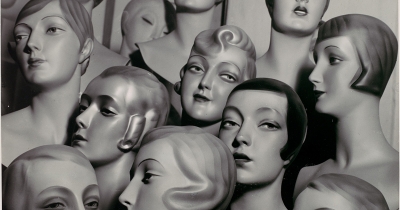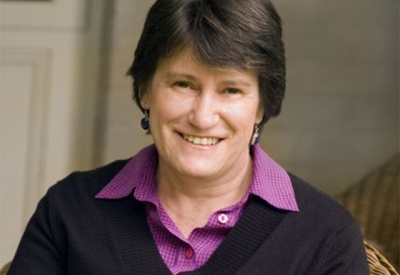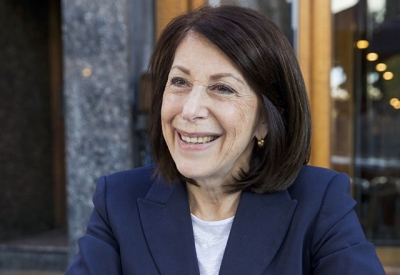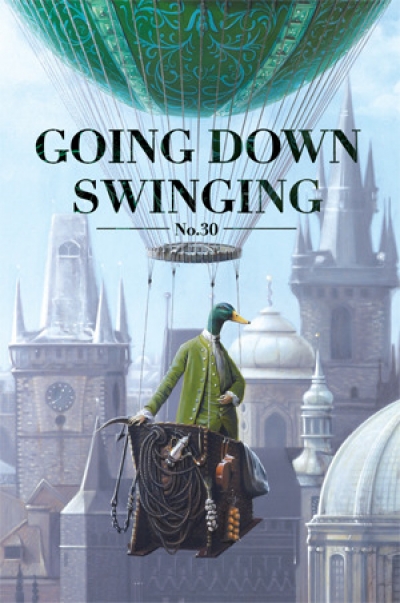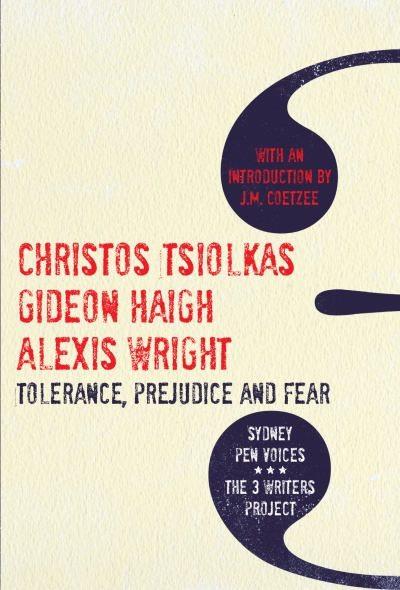September 2008, no. 304
Tolerance, Prejudice and Fear comprises a trio of essays commissioned by the Sydney PEN. According to its website, PEN is ‘an association of writers devoted to freedom of expression in Australia’. In this book, three major Australian authors discuss the roles that tolerance, prejudice and fear have played in contemporary Australian society. This is a society in which traditional ideas about national identity and race have been variously championed and attacked. The result is thought-provoking and engrossing.
The text opens with Christos Tsiolkas’s essay on tolerance. Tsiolkas argues that it is no coincidence that a liberal ‘politics of tolerance’ has become popular during an historical period in which neo-conservatism has flourished. Gideon Haigh follows with an essay on the cultural ‘narcissism’ that swept through Australia during John Howard’s eleven years as prime minister. During this period, Haigh argues, Australian culture became ‘shallow, thick-skinned, aloof from the world’s problems, impervious to the sufferings of others – then retracting in angry confusion at the hint of questioning, raging petulantly when crossed …’ The third piece is Alexis Wright’s analysis of the harmful and infectious nature of fear. This is a topic that both Tsiolkas and Haigh raise at different points in their essays. Wright argues that Anglo-Australians have long been socialised to fear ‘Aboriginal people and … law’, while a ‘fearfulness of white Australia’ has arisen within Aboriginal culture. Wright concludes her piece by arguing that literary fiction can offer an effective mode of political resistance in a period when both major political parties in Australia are essentially singing the same neo-conservative tune.






















